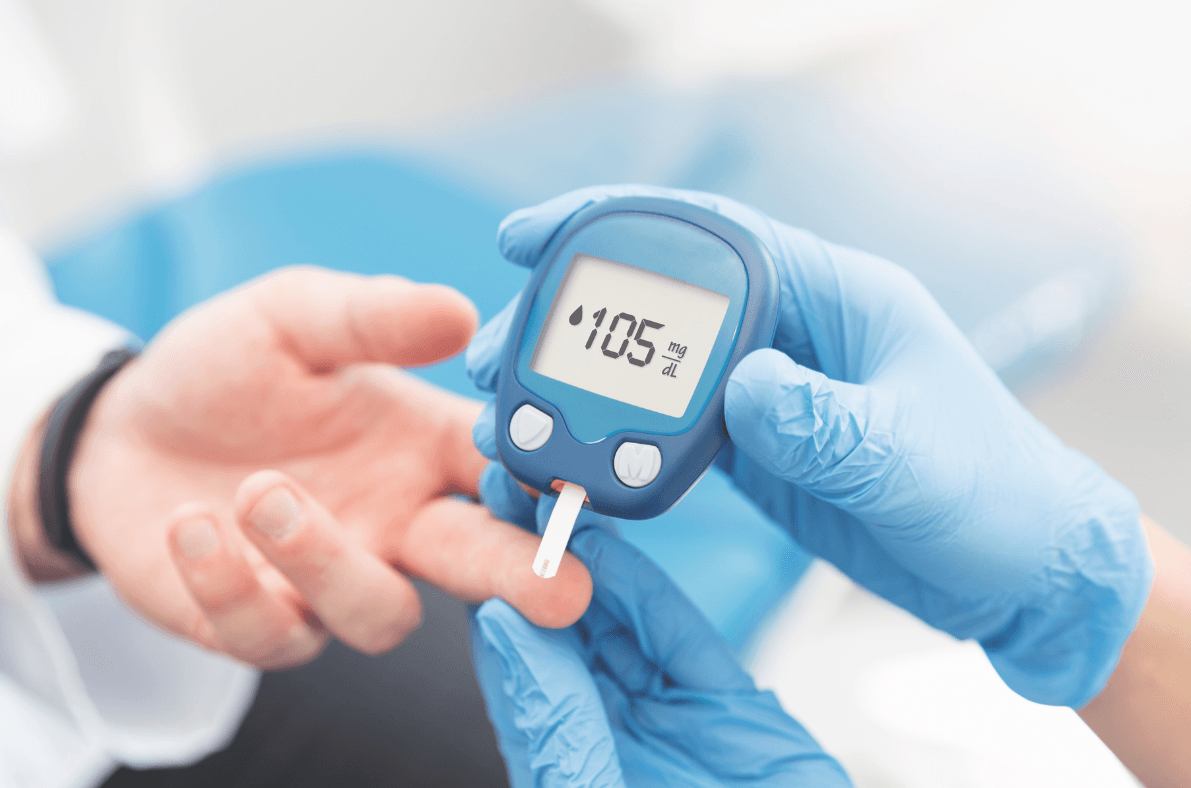Uni is tough. As a student, finding time for yourself amongst the chaos of the everyday can sometimes seem like an impossible feat, particularly if you’re already being constantly pressured to go out, deadlines are impending, and your bank balance is in the minus figures.
Everything can happen at once or slowly build up over time and start to chip away at your mental and physical health. Either way, a little self-care can go a long way toward making your experience at university much more enjoyable.
It’s widely accepted that much of student life is a bohemian, hedonistic affair, but it doesn’t need to be detrimental to your health, not when it costs so much to be there and there are so many amazing resources to take advantage of.
Here are some of the best reasons to put a bit more time into self-care; you might find it drastically enriches your overall health.
Seizing Opportunity
If you don’t take some time to look after yourself, the full benefits of going to university could pass you by.
Turning up to class with a brain-boiling headache, the post-beer fear, and an unexplainable feeling of shame that you can’t quite put your finger on is a sure-fire way to miss out on high-quality education.
Self-care can help you seize every opportunity around you, as you’ll find it easier to concentrate, think critically, and apply yourself to the learning environment.
For many, going out is, of course, part of being a student, but there’s no need to let it impair your ability to form more meaningful connections with others who want to learn.
Swap the dawn walk home for a coffee with a mate at lunchtime, or simply just stay in and get lost in your institution’s resources. Whatever you do, aiming for at least 7 hours of sleep (good sleep) can make all the difference.
A Good Headspace
Uni can be overwhelming, especially when deadlines start rolling in, so it’s worth practicing mindfulness to make sure you don’t get flustered by the situation ahead.
It’s easy to get caught up in the moment without seeing the bigger picture, a common pitfall that often leads many students into panic mode.
Taking some time to practice self-care can help you avoid this.
Why not start small and concentrate on your deep breathing? This can calm you down and help you get a perspective on things, even if you do it for just 30 seconds.
Mental health support is available, so please don’t be afraid to reach out via our website, our student health services are comprehensive and easy to access, and they’re here to be used.
Lower Academic Stress
If you have lower academic stress levels, you’ll start to enjoy the entirety of your course a lot more. Remember, you can always talk to your uni about the course if you feel like you need some extra support; you’re not alone, even when life feels lonely.
Self-care can help you reduce stress levels; that’s partly the point of it, after all, so why not dedicate some time to it?
Busting Health Anxieties
Health anxiety can creep on unexpectedly at uni. It may manifest from a consistently bad diet, poor sleep schedule, increased alcohol intake, or plenty of other factors.
It’s important to contact your GP online services if you have any pressing worries or concerns, as this can be a straightforward way to get some direct medical insight and most likely, make you feel better too.
There’s no denying the mental health impact that uni life can have on students – it makes self-care more important than ever, and it’s never too late to start practicing.











